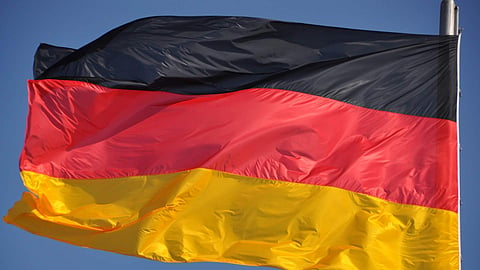

BERLIN: Germany is set to raise the legal minimum wage starting next year following recommendations by an independent commission on Friday, a move that could boost the flagging economy.
Now set at 12.82 euros ($15.04) per hour, the minimum wage should rise to 13.90 euros at the start of 2026 and then to 14.60 euros the year after, the commission of employers and trade unions recommended.
The raise, expected to be adopted by the government, falls just short of the 15 euros per hour called for by the Social Democrats, the junior coalition partner to the conservatives of Chancellor Friedrich Merz.
The move will raise labour costs for companies but help workers hit by high inflation in recent years, who could in turn be tempted to start spending more.
"You can assume that this money will go directly and entirely into consumption, sustainably supporting the economy," said Steffen Kampeter, head of the Federation of German Employers' Associations.
The services sector union Verdi called the increase "a considerable financial improvement for workers in the low-wage sector".
The decision on the new wage level was taken "unanimously" by employer and employee representatives, said commission chairwoman Christiane Schoenefeld.
She welcomed "a consensual decision" reached despite "political pressure" and difficult conditions "given the stagnant economic situation and uncertain forecasts".
After two straight years of recession in Germany, several economic institutes are predicting a tentative return to growth in 2025.
The head of the Council of Economic Experts, Monika Schnitzer, welcomed the "wise decision" in comments to news weekly Der Spiegel, saying the phased increases would give the economy time to adjust.
"We are coming out of a phase in which inflation rose very sharply while the minimum wage was only raised moderately," she said, adding that wages were now catching up with the higher cost of living.